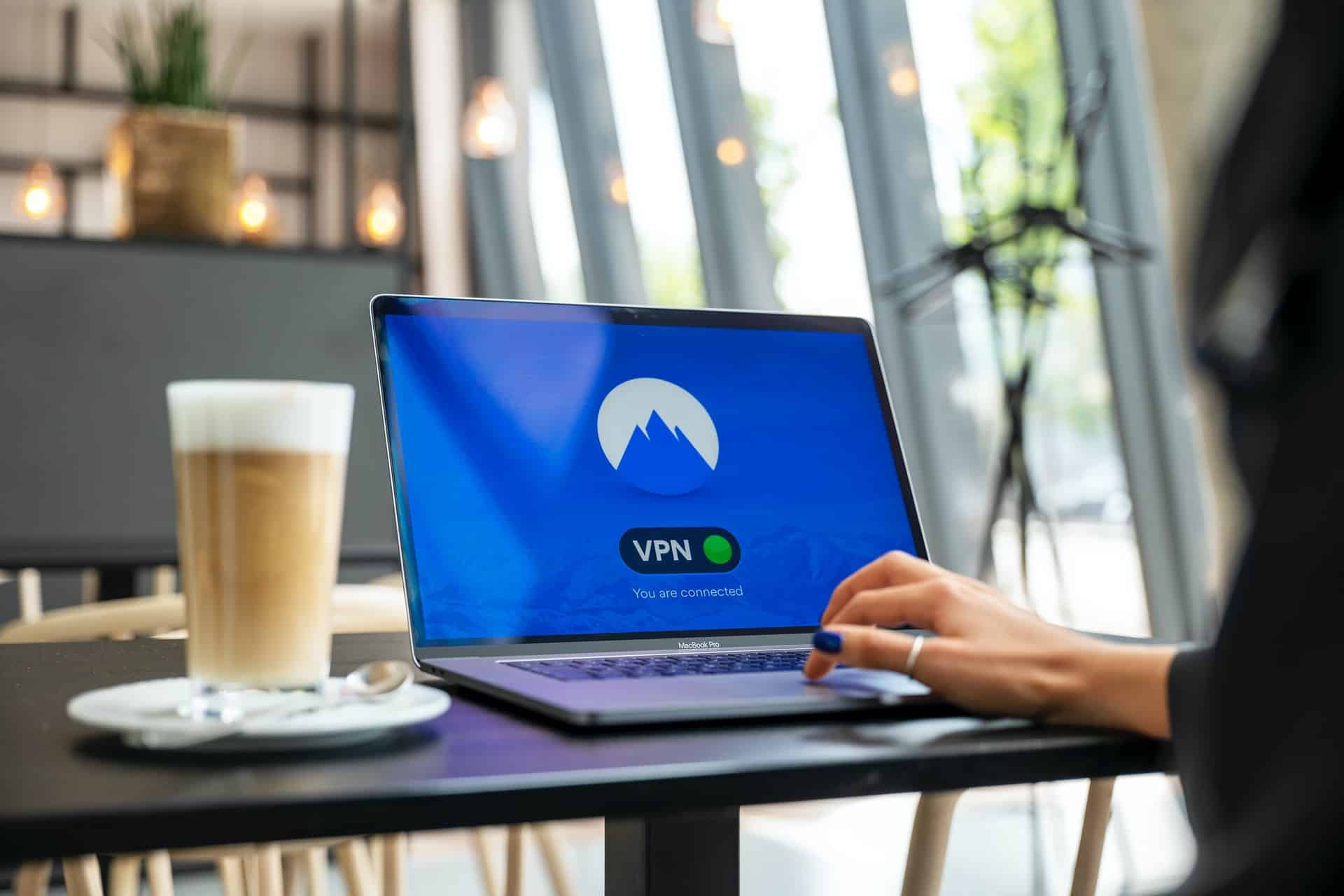There are many benefits to using a VPN. A VPN, or Virtual Private Network, is a service that encrypts and reroutes your internet traffic through a server in a location of your choosing. If you are thinking of purchasing a VPN, you will not regret it. Keep reading to learn more about VPNs.
IMAGE: UNSPLASH
What Is A VPN?
A VPN, or virtual private network, is a service, such as Surfshark, that creates a secure connection between your device and the internet. When you use a VPN, your traffic is encrypted and can’t be read by anyone else. This protects your privacy and makes it difficult for hackers to access your data. Additionally, using a VPN allows you to access content that may be blocked in your location. For example, if you are traveling outside of the United States, you can use the best VPN to access American content that would normally be unavailable.
What Are Some Benefits Of Using A VPN?
VPNs are a great way to bypass censorship and geo-restrictions. VPNs encrypt your traffic so that your ISP (Internet Service Provider) or the government cannot see what you are doing online. They also allow you to spoof your location, which can be useful for bypassing geographic restrictions on content.
When you try to access region-locked content, your computer checks the IP address of the website you’re trying to visit against a list of allowed IP addresses for that region. If your computer’s IP address is not on that list, the website will block you from accessing its content. A VPN allows you to change your computer’s IP address so that it appears as if you’re browsing from a different location.
VPNs are also a good way to protect your privacy online. Your ISP can see all of the websites you visit and they can sell that information to advertisers. However, when you use a VPN, your traffic is encrypted and the VPN provider cannot see what you are doing online.
This means that your privacy is protected from your ISP and other third parties. A VPN can also help improve streaming quality in several ways. A VPN helps improve streaming quality by helping to prevent buffering and lag. By routing your traffic through a server that’s close to the content you’re trying to access, you can minimize the amount of lag and buffering that you experience.
What Is Secure File Sharing?
File sharing is a great way to share large files with friends and family. But if you’re using a public Wi-Fi network to do it, you’re opening yourself up to a world of risk. Hackers can easily access your computer or mobile device if you’re not using a VPN. Secure file sharing is the process of exchanging or transmitting files between two or more devices securely. This can be done in a number of ways, but one of the most common and secure methods is to use a VPN for encryption purposes.
When files are encrypted, they are transformed into a format that can only be read by the intended recipient. This prevents unauthorized individuals from accessing the files, even if they manage to intercept the transmission.
In order to decrypt the files, the recipient must have the appropriate decryption key. The key is typically stored on a separate device, such as a USB drive, and is not shared with anyone else. This ensures that only the intended recipient can access the files.
One of the biggest advantages of secure file sharing is that it helps to protect the confidentiality and integrity of the files. This can be especially important in environments where the security of the files is critical, such as in the financial and healthcare industries.


COMMENTS